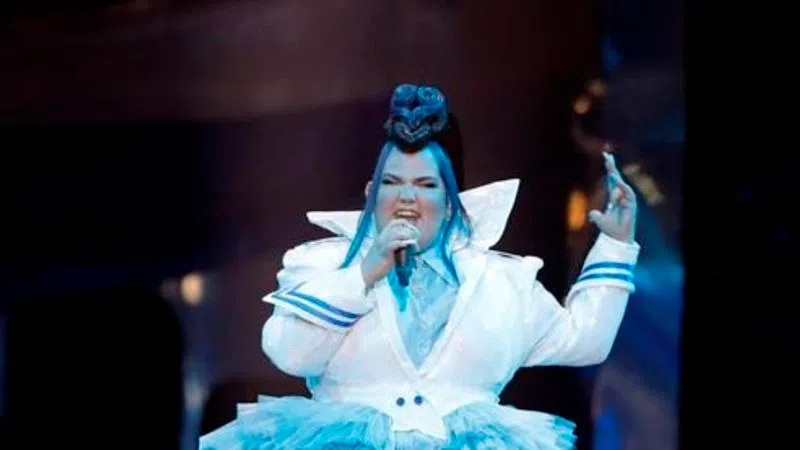
Eurovision Song Contest Grand Final kicks off in Tel Aviv
TEL AVIV, Israel — Israel hosted the Grand Final of the 64th Eurovision Song Contest on Saturday, with Madonna set to showcase Europe’s annual music extravaganza.
Some 200 million people around the world were expected to be watching as 26 countries competed to be crowned Europe’s top pop act and follow in the footsteps of past winners such as Swedish icons ABBA and Celine Dion, who once represented Switzerland.
The Eurovision debuted in the wake of World War II to heal a divided continent. Over the years, the earnest show of European unity has ballooned into a campy, over-the-top, gay-friendly spectacle that brings together acts from 41 countries, including those with little or no connection to Europe, such as Australia.


